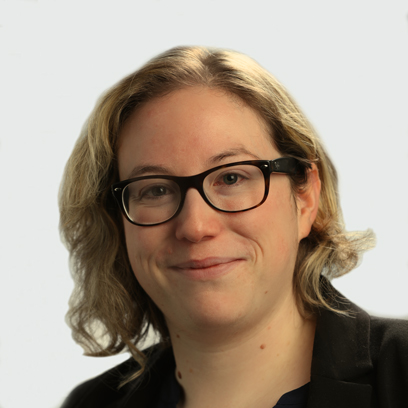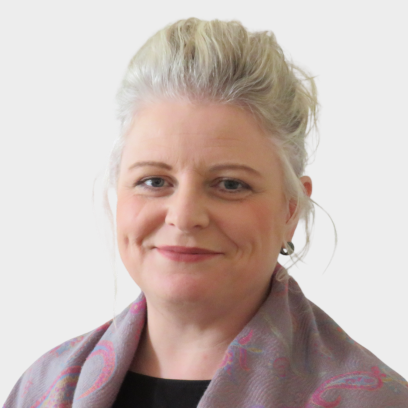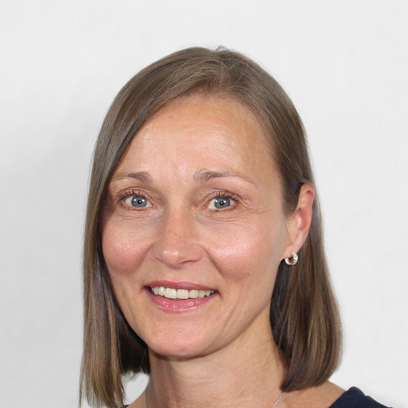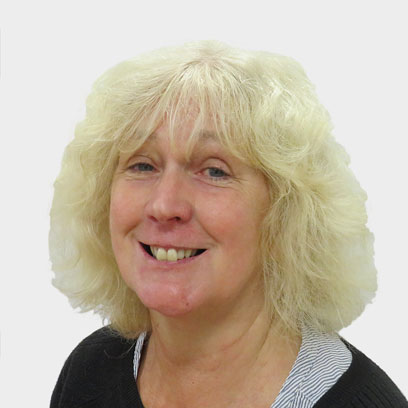Counselling at our Borders centre
We are pleased to offer counselling at our Borders centre. Counselling is a process involving talking about a particular issue, problem or difficulty with a trained counsellor or psychologist. The counsellor or psychologist will help find ways of understanding what is wrong and also help determine ways to make things better when needs be.
Sometimes counselling simply involves getting things off your chest and feeling that someone else (a counsellor or psychologist who is independent and not involved in any way) understands the difficulties you are encountering. This can be tremendously important in itself, and over time is often enough to help you feel better. However it can also involve talking about things in a way that helps you gain understanding and generate solutions to the difficulties you have. The counsellor or psychologist’s role is often to ask questions or make suggestions or comments that help you work things out.
Different types of counselling
There are a number of different types of counselling, and counsellors and psychologists often work in slightly different ways. Common types of counselling include:
- Person-centred counselling
- Humanistic counselling
- Psychodynamic counselling and
- Integrative counselling.
Each of these emphasise different things, but when offered by a skilled counsellor or psychologist are often very similar in focusing on the client’s thoughts and feelings in a supportive, understanding way. The most important aspect of counselling is the relationship between the counsellor or psychologist, and the client. This must feel positive and helpful.
Counselling sessions
Counselling tends to involve meeting a counsellor or psychologist on a regular basis, often weekly. This regular meeting is often called a ‘session’, and usually lasts for between 50 minutes or an hour. It takes place in the counsellor or psychologist’s consulting room, which is confidential and private, so nobody can overhear what is being said. It is really like sitting down for a chat, but the focus is on the client and is thus very different to meeting a friend. There is no set number of sessions a client will attend for, as this is reviewed by the counsellor or psychologist and client on an ongoing basis. However, it is usual to agree a small number to start with, often six. Clients are always able to stop counselling at any time, without penalty.
Effectiveness of counselling
There has been lots of research suggesting counselling is highly effective in helping people with a range of difficulties including low mood/depression, anxiety, eating difficulties, grief, abuse, anger/aggression, low confidence, relationship difficulties, chronic pain and many, many more issues.
More information about counselling
If you would like to make an appointment with one of our counsellors or you simply want more information about our counselling services, please contact us. We would be delighted to hear from you.
Maisie Hennessey, Consultant Counsellor/Psychotherapist (Online only)
Tim Seymour-Smith, Counsellor / Psychotherapist (Online only)








